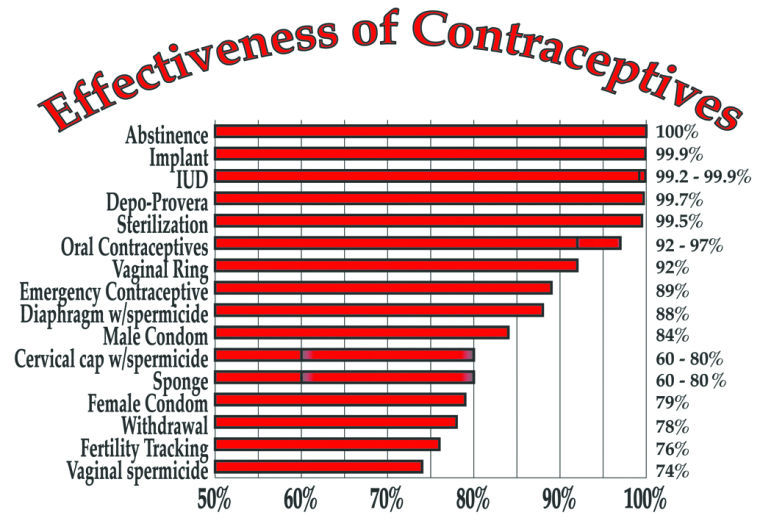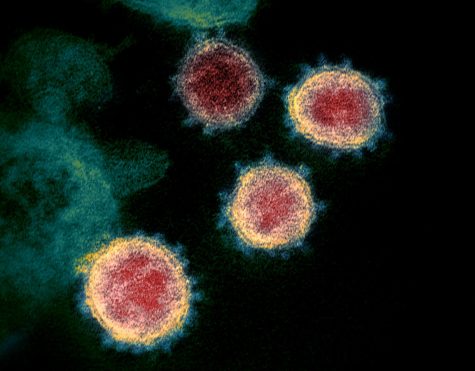Staying safe, coming clean and keeping sex sexy
November 15, 2013
Sex: this is college and it is something students consider, at least to some degree.
The important thing is if you are having sex or contemplating it, keep yourself safe. I’m talking about protecting the next 18 years of your life, e.g. pregnancy, or protecting your body from a sexually transmitted infection (STI). Condoms are a great form of contraception, but why not double up on methods (and I don’t mean adding another condom)?
Contraception methods such as the pill, IUD or the patch all work great and can be used with a condom. For contraception information, look up Bedsider.org. This website allows you to find all kinds of contraception information and compare them side by side.
Did you know sexually active individuals under the age of 25 make up half of all new STI cases in the nation, according to the Centers for Disease Control? That means we, the students, are the most likely ones to get an STI in the entire nation.
Condoms, if used correctly, are one of the best forms of contraception – besides abstinence – at preventing some STIs, but not all of them. Even with a condom, some STIs can be spread by skin to skin contact, and that isn’t even to mention that STIs can also be spread through oral contact.
The best way to know if you or your partner doesn’t have an STI is to both get tested. A majority of STIs don’t show symptoms for days or weeks after transmission, some might take years to show any and some maybe never show a single symptom, ever. Even the more “common” STIs such as Chlamydia hide their symptoms; 70 percent of women and 50 percent of men don’t show any signs that they have it, according to the American Sexual Health Association website.
There is one STI (HPV) that currently has a vaccine, but even this preventative measure does not cover every strand of the infection. A majority of STIs can lead to serious health concerns if not treated and may lead to infertility.
Having sex and sexually transmitted infections might be hard topics to bring up with your partner, but a good relationship includes communication; so talk to your partner about past history, plans for contraception and if he/she has been tested. When it comes to your sexual health, you are the only one that is going to look out for it and you are worth it.
For additional help or to get tested, check out Health and Wellness Services website or if you need condoms or more information check out the registered student organization Safe is Sexy (SafeisSexy.wsu.edu).
-The opinions expressed in this guest commentary are not necessarily those of the staff of The Daily Evergreen or those of Student Publications.





















